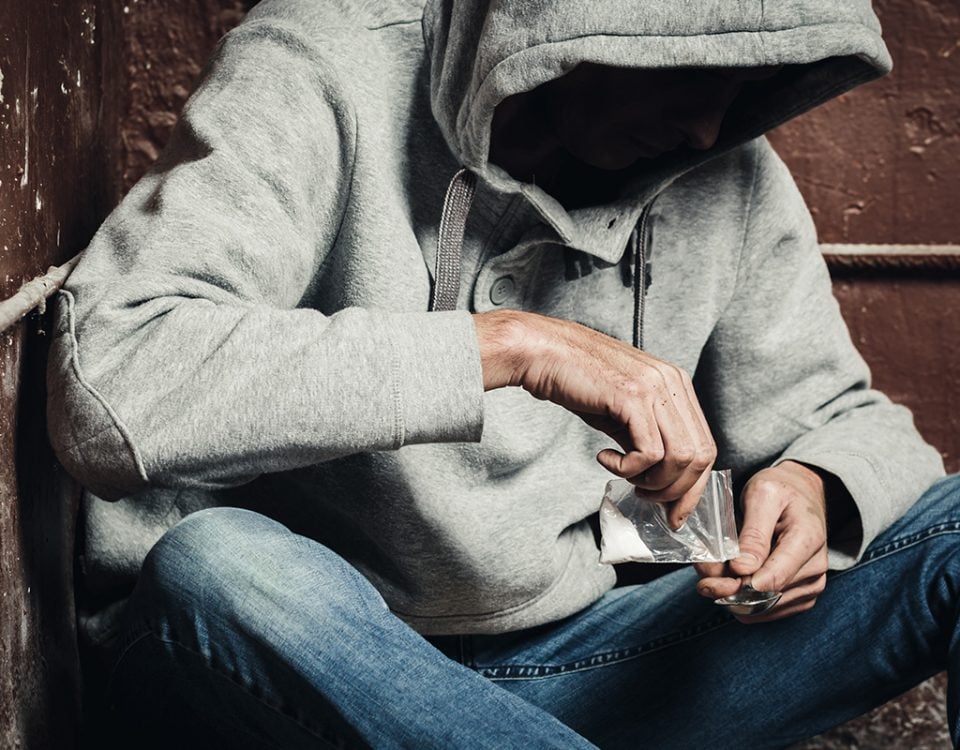What is phenibut? Phenibut is a psychoactive medication developed in Russia during the 1960s. Although it’s approved to treat insomnia, anxiety, and depression in Russia, in the United States, phenibut is not currently approved by the Food and Drug Administration (FDA), meaning it’s not available here as a prescription medication. Due to its addictive nature, which can include physical dependence, the FDA warns against using phenibut. Today, we’re looking into phenibut withdrawal symptoms and the timeline.
Questions about our Facilities or Programs?
Our admissions coordinators are available 24/7 to answer any questions you may have as you consider whether treatment at Banyan is right for you or your loved one.
Phenibut Abuse
Despite the FDA’s lack of approval, phenibut use is a growing problem in the U.S. because of its widespread availability on the internet. Many people are purchasing phenibut online as a “dietary supplement.”
Phenibut is a synthetic designer drug with a very similar chemical structure to the naturally occurring amino acid GABA. Because GABA and other amino acids are proteins, the FDA technically considers GABA to be a “food” rather than a drug. It’s because of this loophole that phenibut, a GABA clone, can be legally sold and purchased online.
Phenibut is abused for various reasons. As a central nervous system depressant, it can alleviate anxiety and produce euphoria and a sense of well-being. This makes it appealing to people in search of alternatives to opioids or alcohol.
Phenibut is less sedating than typical anti-anxiety medications (such as benzodiazepines) because it also produces stimulating side effects at low doses. For this reason, it’s a purported nootropic or “smart drug” taken to increase focus.
Due to these combined phenibut effects, this drug is often used to reduce symptoms of anxiety, increase sociability, or to study or work. Unfortunately, phenibut tolerance and dependence can develop within weeks of use. This leads users to take higher doses, increasing their risk of experiencing withdrawal.
Phenibut Withdrawal Timeline & Symptoms
A drug withdrawal occurs when a person who’s become physically dependent on the substance suddenly stops or reduces their use of it. The nature, severity, and duration of withdrawal symptoms depend on the substance in question. For instance, opioids are highly addictive and thus tend to produce severe and uncomfortable withdrawals.
Reports of phenibut withdrawal have begun to surface along with increased use. Some people have even been hospitalized because their withdrawals were so intense.
Due to the impact of phenibut on the brain and body, withdrawals can be both physical and psychological. Common phenibut withdrawal symptoms include:
- Anxiety
- Agitation
- Tremors or uncontrollable shaking
- Nausea and/or vomiting
- Auditory and visual hallucinations
- Delusions
- Paranoia
- Suicidal thoughts
- Fatigue
- Confusion
Getting into treatment is easy with our free insurance verification
"*" indicates required fields
Phenibut withdrawal may begin anywhere from several hours to several days after your last dose. Symptoms may also include an intense urge or craving for the drug, as well.
How long phenibut withdrawal lasts depends on various factors, especially the person’s tolerance to the drug. Other factors like how long someone used phenibut, the phenibut dosage taken, whether they’re gradually tapering off phenibut, and whether the person took other drugs or alcohol with it can all play a role in phenibut withdrawal duration.
Moreover, while the more acute, physical symptoms of phenibut withdrawal may subside after a week or two, some symptoms may last longer. For instance, post-acute withdrawal syndrome (PAWS) is a long-term occurrence of withdrawals, which can also occur while someone is withdrawing from phenibut.
Phenibut Withdrawal Help
For people who are dependent on phenibut or believe they could be experiencing withdrawal, the best way to withdraw from phenibut is with medically monitored detox. During our medical detox in Delaware, patients are provided with 24-hour medical care and even medication (as needed) while they’re slowly tapered off substances like phenibut.
Tapering down from the drug is a safe way to prevent more severe withdrawal symptoms from occurring. Although some people look into supplements to alleviate phenibut withdrawal (such as magnesium, chamomile, and melatonin), it’s best to seek the advice of a medical professional.
In some circumstances, medical detox is the best option for treating phenibut dependence. Many people have underlying mental health conditions that can be aggravated by psychotic phenibut withdrawals, so it’s appropriate to receive mental health care as well as detox in these cases to prevent worsening the symptoms that phenibut was meant to alleviate.
If you or someone you know has developed a phenibut addiction, do not hesitate to get help. Our Delaware drug rehab offers various levels of care for substance abuse treatment, including substance-specific detox and residential treatment programs.
For more information about the addiction services offered at our Milford treatment center, call Banyan Treatment Centers Delaware today at 888-280-4763.
Related Reading:
The Most Commonly Abused Benzodiazepines
The Dangers of Mixing Opioids and Benzos









